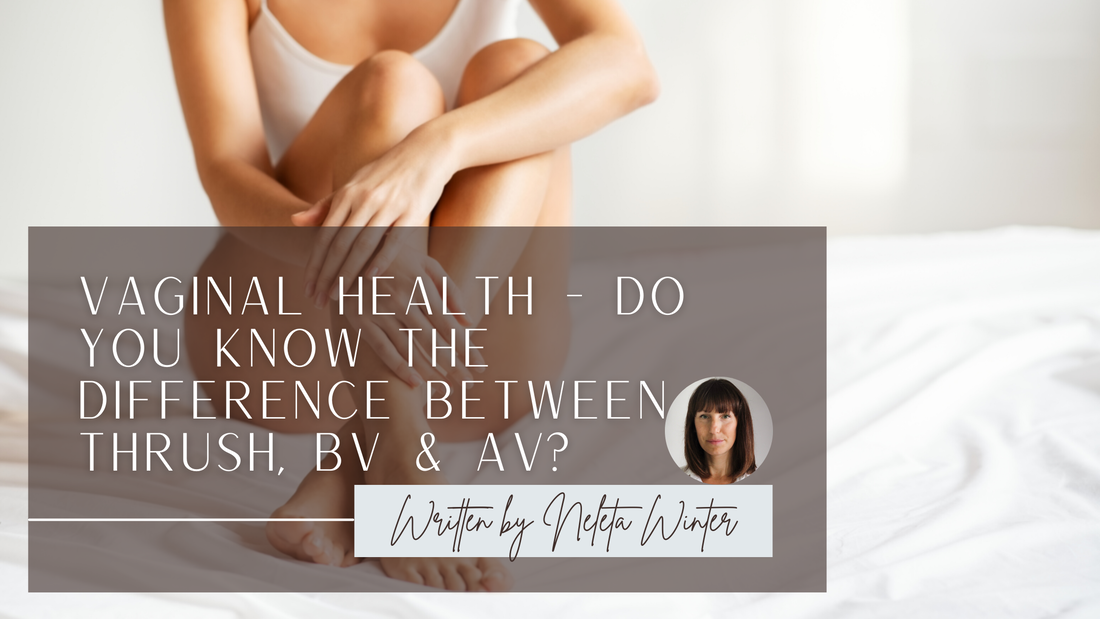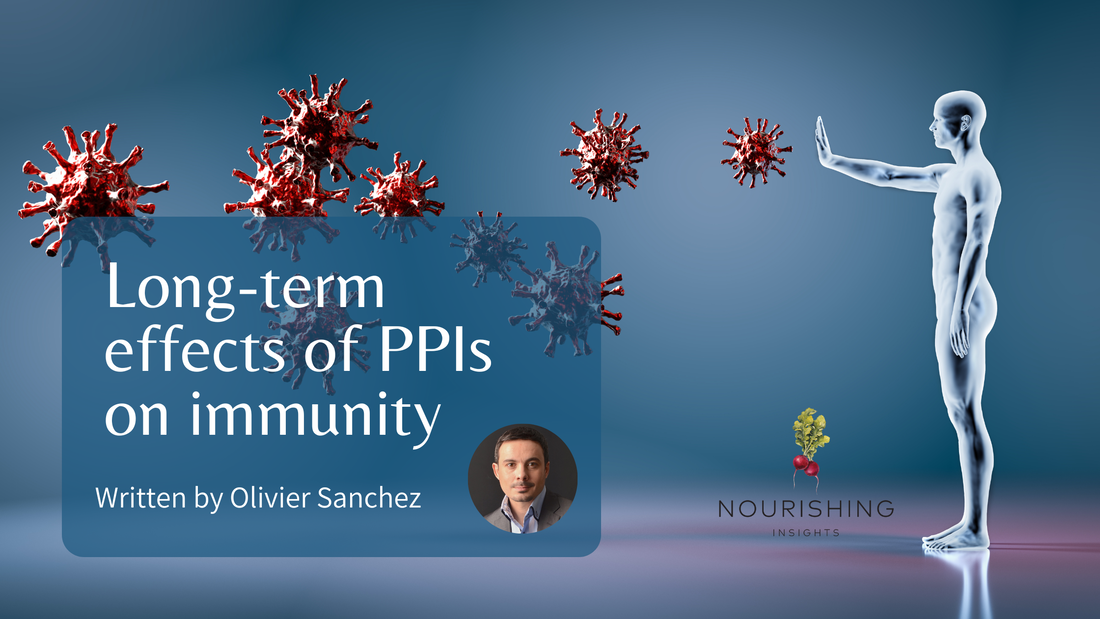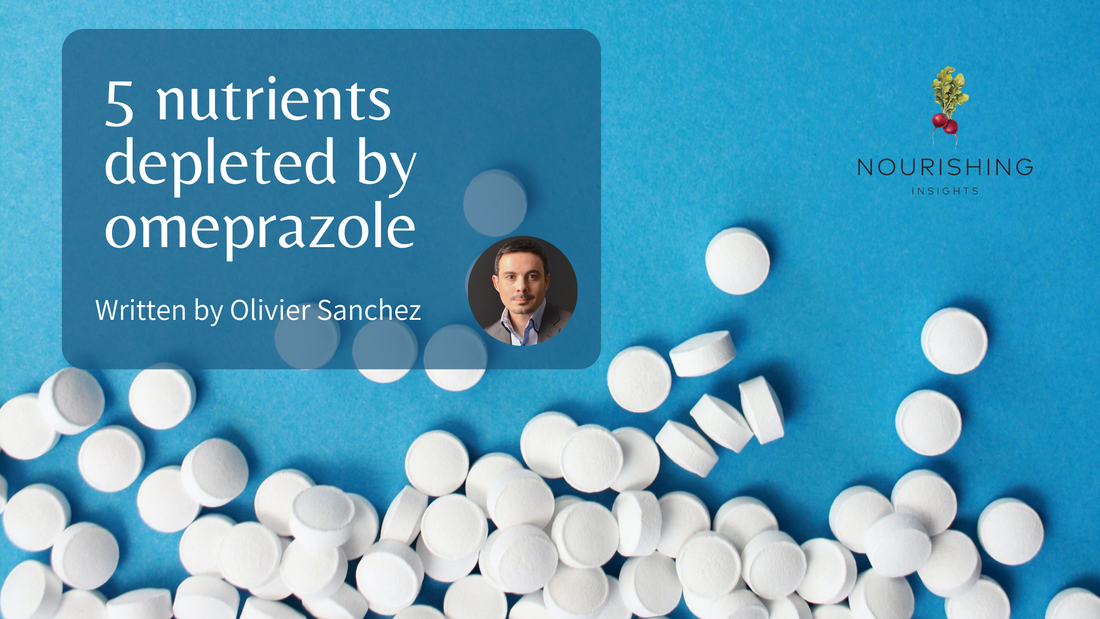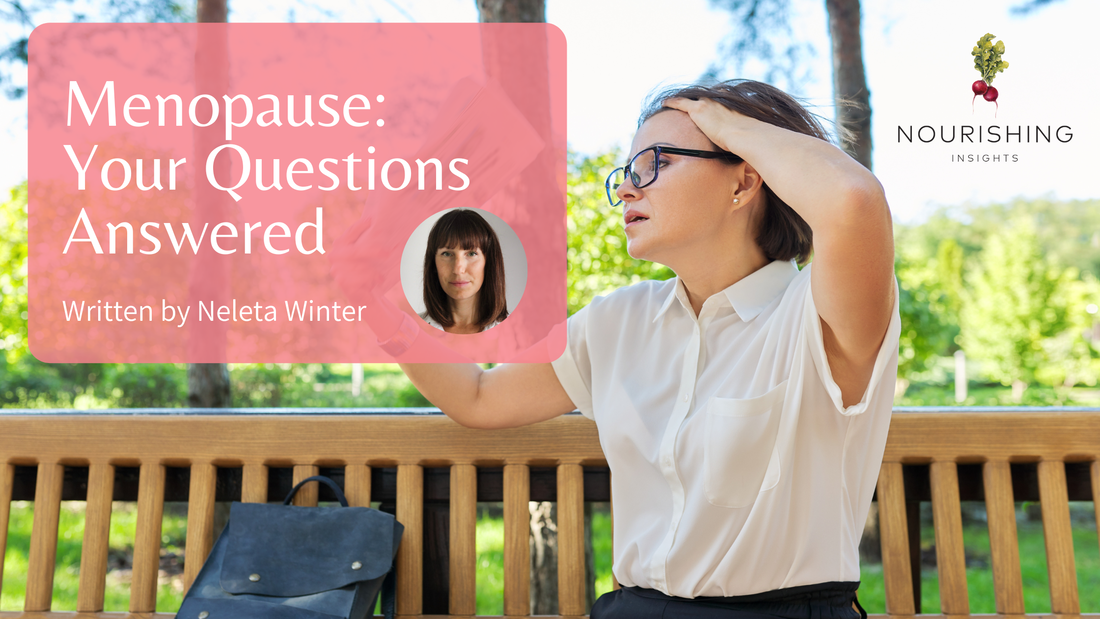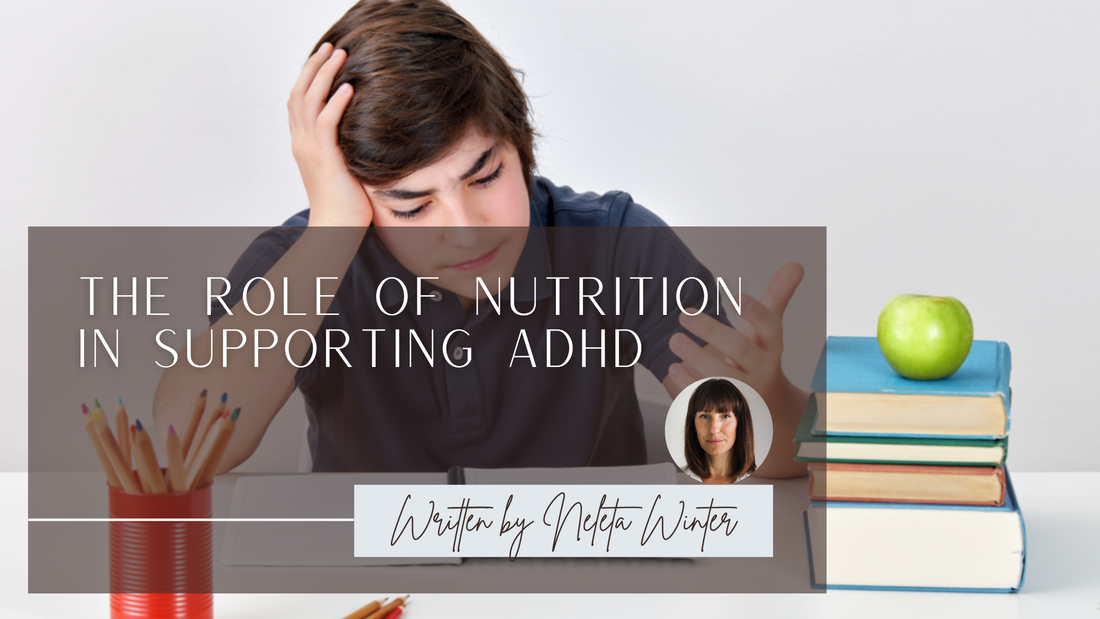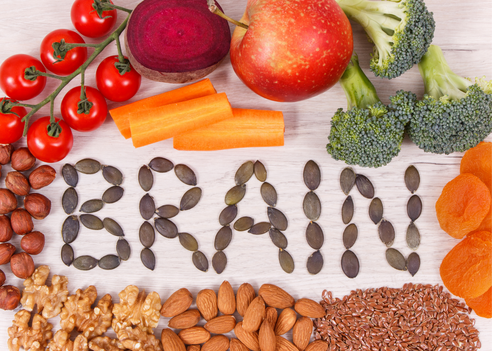|
Most women will experience some form of vaginal issues within their lifetime such as thrush, BV or AV. But what are the differences and what are the risk factors for these conditions?
0 Comments
What are PPIs?
It may be natural to confuse PPIs with those hidden fees that banks charged you for years without disclosing those fees to you. But the acronym “PPIs” stands for proton-pump inhibitors, a class of drugs that cause a profound and prolonged reduction of stomach acid production. They do so by inhibiting the stomach's gastric hydrogen-potassium ATPase proton pump, a process that is reversible upon discontinuity. The role of PPIs in chronic disorders Inhibiting the hydrogen-potassium pump (H+/K+-ATPase) to decrease stomach acid production has been the most common method of treating gastroesophageal reflux disease (GERD/GORD) and peptic ulcer disease.[1] While this may be a quick fix, it doesn’t address the actual cause.[2] The Digestive System
The role of the digestive system is to break down and assimilate the nutrients from the food we eat and redistribute those nutrients to all tissues in the body via the blood circulation or the lymphatic system, so our cells can receive the required energy to function. The digestive system requires nutrients to function: for tissue function or the release of digestive juices and enzymes. A steady supply of protein (amino acids) is, therefore, required. The intrinsic factor, which is essential to the assimilation of vitamin B12, is a protein (glycoprotein).
What is the menopause
Menopause is the time that marks the end of your menstrual cycle. This generally occurs from the ages of 45 to 55 years old. Menopause is normally diagnosed after you have stopped having a menstrual bleed for 12 months, when you’ve stopped producing the hormones that cause your menstrual period. Many women experience significant symptoms during the menopause but also during perimenopause. What is the difference between the menopause and perimenopause Perimenopause is the time leading up to menopause. In fact, this can occur in women from 35 to 45 years old. Perimenopause describes the time in which your hormones will begin to fluctuate, and your menstrual cycle can even become erratic and often irregular. But this is also a transitional time as it’s the lead up to menopause. Menopause means your periods have ended. When you have had no menstrual cycle for a full 12 months, then you have officially reached menopause. ADHD for many families is a personal experience, navigating through the diagnosis, the questions, the lack of resources available and sometimes often guilt.
But with ADHD, there doesn’t seem to be many answers to all the questions that parents have around it…is there something we can do to help our child? Is it something that we have done? Are drugs our only option? Will this impact on them when they are adults? How do we cope? Collard greens are leafy, dark green vegetables (cruciferous) and belong to the Brassica genus of plants, which also include broccoli, Brussel sprouts, cabbage, cauliflower, kale, kohlrabi and mustard greens. For hundreds of years, collard greens have been traditionally used in Southern American cooking and the ancient Greeks cultivated several forms of both collard greens and kale. Unlike cavolo nero or kale’s curly, narrow leaves, collard greens’ leaves are large, smooth, and flat.
Known as spring greens in the UK, they’re pretty much unloved and are far from receiving the same recognition as collard greens in the US. Yet they are packed with nutrients, scoring the highest on the ANDI list — together with kale. Update and your questions answered
First of all, can we take this opportunity to thank you for all your kind words of support and encouragement since we made our announcement regarding our forthcoming closure of the shop in Aberdeen. It has meant the world to us and we are so grateful that you have taken the time to write and pop in and surprise us. We took quite a deep breath after we sent that letter, and it was so wonderful that one lovely lady came straight down within minutes of receiving the newsletter. As there have been many questions raised as a result of the announcement, we thought we would do a Q&A for clarity but if you have any further questions please do get in touch. We all know how important gut health is, but we don’t put much emphasis on our brain health. When we go to the doctors, brain health is often not mentioned unless we are experiencing symptoms associated with cognitive decline.
Did you know that 1 in every 14 people aged over 65 suffers from dementia and that 1 in 4 people experience mental health issues each year? With the start of a new year and a new month we often get sucked into the January fad diets, trends, detox diets and the new membership at the gym to try and lose those Christmas pounds but that can often lead to depriving our body of essential calories and nutrients and if we end up eating what we have set out to avoid, can lead to feelings of failure often resulting in overeating.
Bloating is a sign of intestinal dysfunction, especially if it is accompanied by severe discomfort or pain.
The obvious cause is eating much larger meals during the holidays. Eating so many food groups at once places a lot of pressure on the digestive system. Snacking between those meals can only make the situation even worse. A bit of sugar here and there, and a touch of alcohol, and a war is raging inside your gut. |
Amazon Associates DisclosureNourishing Insights is a participant in the Amazon EU Associates Programme, an affiliate advertising programme designed to provide a means for sites to earn advertising fees by advertising and linking to Amazon.co.uk. Archives
December 2023
|
WHAT OUR CLIENTS ARE SAYING“I did Nutritional Therapy with Beverley and it was life changing. I highly recommend it!” Allison Blakely (Glasgow)
|
Contact Us |

